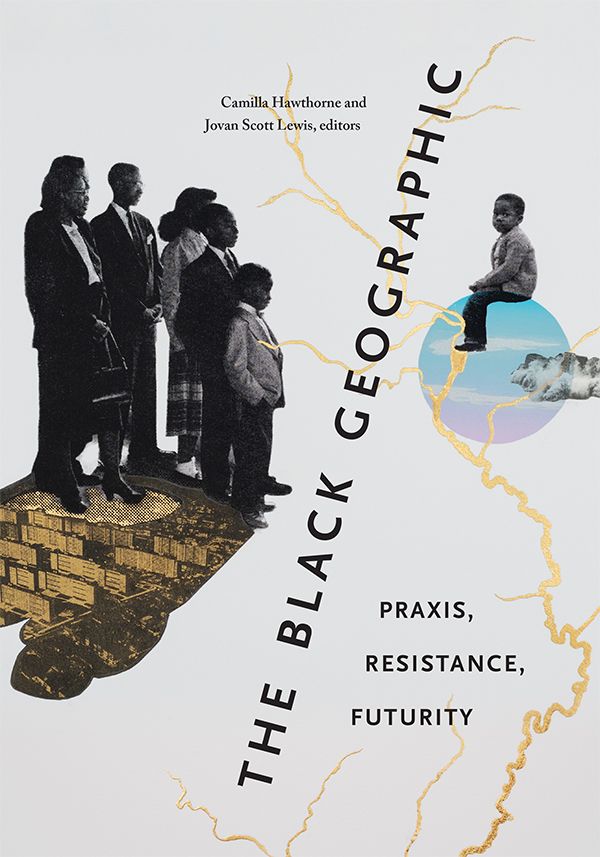The Black Geographic

A redefinition of the field, edited by Camilla Hawthorne and Jovan Scott Lewis. |

From Duke University Press /

"The contributors to The Black Geographic explore the theoretical innovations of Black Geographies scholarship and how it approaches Blackness as historically and spatially situated. In studies that span from Oakland to the Alabama Black Belt to Senegal to Brazil, the contributors draw on ethnography, archival records, digital humanities, literary criticism, and art to show how understanding the spatial dimensions of Black life contributes to a broader understanding of race and space. They examine key sites of inquiry: Black spatial imaginaries, resistance to racial violence, the geographies of racial capitalism, and struggles over urban space. Throughout, the contributors demonstrate that Blackness is itself a situating and place-making force, even as it is shaped by spatial processes and diasporic routes. Whether discussing eighteenth- and nineteenth-century abolitionist print records or migration and surveillance in Niger, this volume demonstrates that Black Geographies is a mode of analyzing Blackness that fundamentally challenges the very foundations of the field of geography and its historical entwinement with colonialism, enslavement, and imperialism. In short, it marks a new step in the evolution of the field."
Camilla Hawthorne is Associate Professor in the Departments of Sociology and Critical Race and Ethnic Studies at the University of California, Santa Cruz, author of Contesting Race and Citizenship: Youth Politics in the Black Mediterranean, and coeditor of The Black Mediterranean: Bodies, Borders, and Citizenship.
Jovan Scott Lewis is Associate Professor and Chair of Geography at the University of California, Berkeley, and author of Violent Utopia: Dispossession and Black Restoration in Tulsa, also published by Duke University Press, and Scammer’s Yard: The Crime of Black Repair in Jamaica.

